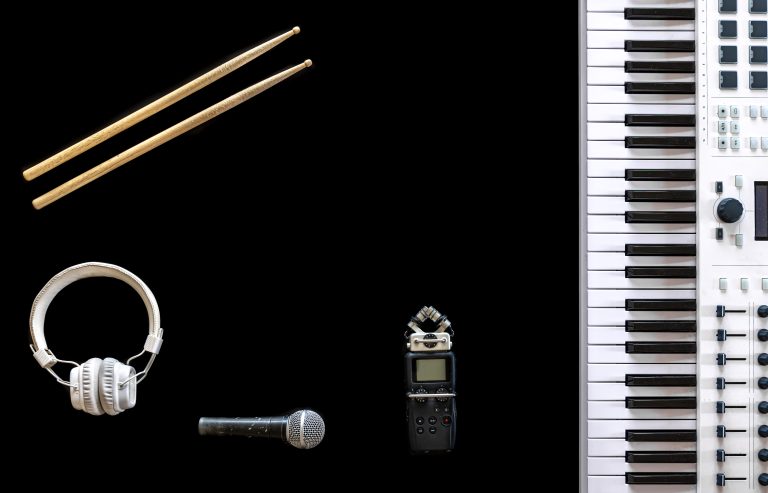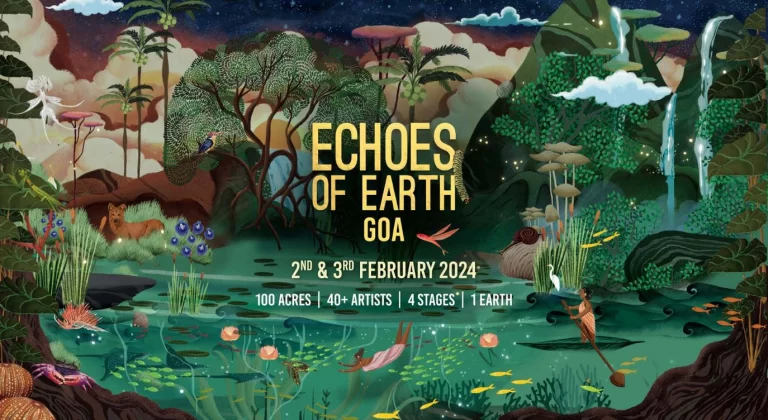Unsigned, unfiltered: the essence of independent music
In the vast and ever-evolving landscape of the music industry, there exists a unique and vibrant community of artists who are choosing to find their own way – independent of the mainstream. When you hear the term ‘independent music’, you might instantly think of classics like Arcade Fire, The Smiths or a local artist making waves. While these are truly indie artists, they are quite different from each other.
In this article, we dive deep into the world of independent music, exploring what it means to be an independent artist and the allure of the ‘indie’ label.
What is Independent Music?
The term ‘indie’ (short for independent) can be confusing because it means different things to different people. It was first used in the 1920s to refer to independent film companies and later became associated with independent bands or record producers. It is often used to describe artists and labels who operate independently of major record labels and represent a spirit of individuality and innovation.
Many independent artists do not fall into a single defined musical style or genre, but their work can be categorised into diverse genres without expectations associated with commercial music.
Independent music is where artists take the reins of their creative destinies. It is a mindset that champions artistic freedom and self-expression. It represents a lively community of musicians who write, record and produce music independently. Independent artists have the freedom to experiment, explore niche genres, and connect deeply with their fans, unburdened by the commercial pressures that often come with major label contracts.
But why would you want to be an independent artist?
Indie vs. Major Labels
A crucial decision a musician must make is to sign with a big record label or decide to stay independent. One of the fundamental distinctions between indie music and the mainstream industry lies in the relationship between artists and record labels.
There are some tried and true advantages of signing with the record labels, namely –
- Significant financial backing
- Marketing resources
- Industry connections
While major labels typically offer these benefits, especially a lucrative paycheck, they often demand creative compromises and a share of the artist’s artistic freedom.
On the contrary, indie artists have the liberty to create music on their terms without external pressure to conform to market trends or commercial expectations. Your music can reflect your true self and your true art.
This freedom enables you to experiment with different styles, sounds, and themes, resulting in a diverse range of music. What’s more, you have complete ownership of every single penny you make. On the flip side, you might also need to become a digital marketer, a distributor, a producer and much more along with your core talent.
But, with the major record labels taking up almost 75% of the market share, the question to ask is…
Is it even possible to stay independent these days?
In short, yes. With the rise of digital music platforms, social media, and crowdfunding sites, staying independent has become more achievable than ever before. These tools have empowered indie artists to reach global audiences, build dedicated fan bases, and garner significant recognition without needing the backing of a major label.
In recent years, numerous independent artists have gained mainstream recognition. Iconic musicians like Chance the Rapper, Macklemore, and Billie Eilish started as indie and went on to win Grammy Awards–a sign that independent artists can not only survive but thrive in today’s competitive music landscape.
Streaming platforms provide a level playing field for indie musicians, giving them ample opportunity to showcase their talent alongside established artists. Social media platforms offer direct interaction with fans, facilitating a more intimate and authentic connection. Additionally, crowdfunding sites allow artists to generate financial support for their projects directly from their fans, ensuring they retain control over their creative process.
While the allure of major label support remains enticing for certain artists, many indie musicians choose to carve their own path, harnessing the potential of technology and the internet to forge successful careers.
Is indie music more popular than ever?
In recent years, indie music has experienced a surge in popularity and has carved its place in the mainstream consciousness. The growing appreciation for unique, authentic, and alternative sounds has contributed to the increasing popularity of indie music. Streaming platforms and curated playlists actively promote indie artists, bringing their music to a wider audience. Moreover, the increasing support from music festivals, independent radio stations, and online communities dedicated to promoting indie music has bolstered visibility.
Musicians today have a unique opportunity to build a global fan base.
With the right guidance and support, your music can reach audiences across the globe. If you are looking for a platform to support you in this way, reach out to us, and we will help you build a community like never before.
In conclusion, independent music continues to thrive as a fundamental pillar of the music industry. It provides a refreshing alternative to mainstream music, with its emphasis on artistic independence and unique sounds. Indie artists prove that true talent resonates regardless of labels and commercial constraints.








Hi, this is a comment.
To get started with moderating, editing, and deleting comments, please visit the Comments screen in the dashboard.
Commenter avatars come from Gravatar.